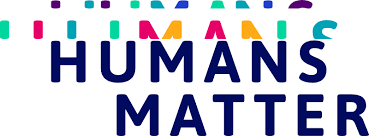Diagnostic Instrument for Mild Aphasia: digital assessment in neurological patients
The main applicants (EMC) designed the first Diagnostic Instrument for Mild Aphasia (DIMA) with complex language subtests and successfully piloted it in neurological patients. However, this “pen-and-paper” version cannot be used in a wider professional network due to its “laboratory” character (i.e. manual scoring, open source software, no safe data storage available). Objective: the consortium will improve the pen-and-paper DIMA by developing and validating DIMA-App in collaboration with experienced e-health company Humans Matter.
Mild aphasia (language disorder) after neurological diseases (e.g. stroke, brain tumor, dementia) negatively affects daily life, as mental health issues can emerge and ability to work is seriously impaired. In the Netherlands, the estimated incidence of people with mild aphasia is 4.000 p/y[1] which continue to increase due to an aging population and improved disease treatments. This patient group is relatively “invisible” in healthcare due to absent adequate diagnostic tools.
Three main goals will be addressed:
- To develop a functional DIMA-App based on a traditional “pen-and-paper” version.
- To standardize DIMA-app in healthy participants and patients and compare to traditional “pen-and-paper” DIMA.
- To validate DIMA-App and explore the degree of clinical supervision needed when using DIMA-app.
The project will significantly contribute to technological innovation in the field of cognitive assessments (e.g. automatic speech recording and scoring), the consortium will become leading in a new research field “mild aphasia” and stimulate Dutch economics (potential new commercial market). Furthermore, based on more adequate diagnostics, better suitable language therapy programs can be designed to stimulate patients’ aphasia recovery and return to being productive members of society. The project has large societal impact; thousands of patients p/y will obtain adequate diagnosis, reducing mental health issues, promoting and reintegration to socio-professional life.
[1] This estimation is excluding traumatic brain injury patients, this concerns about 85.000 patients/year of which 80-85% has a mild lesion.

